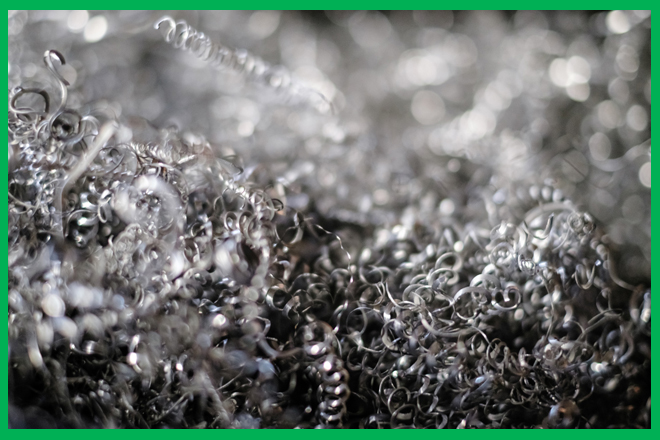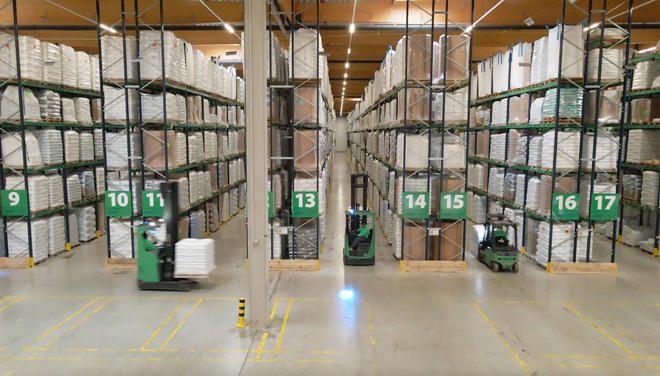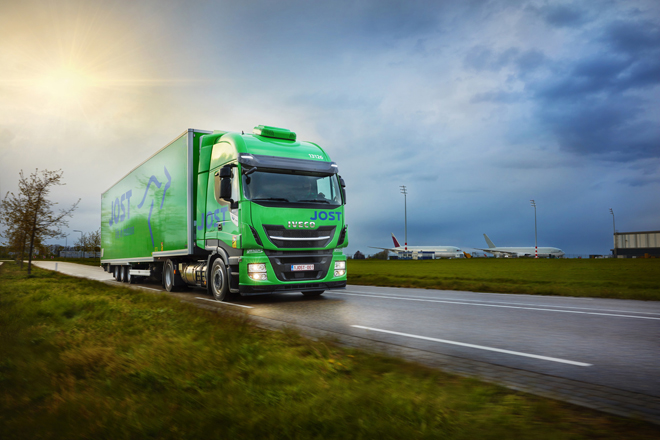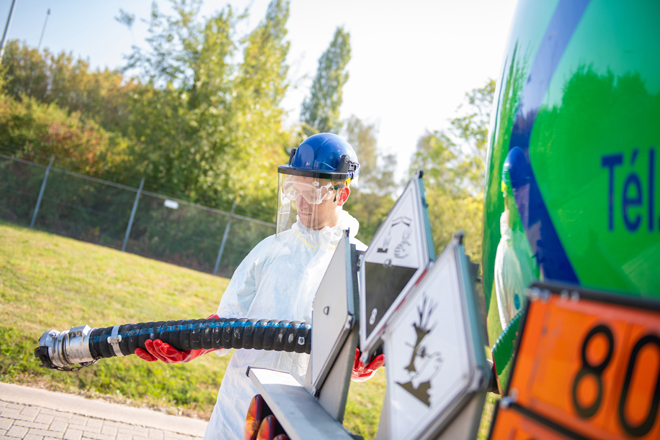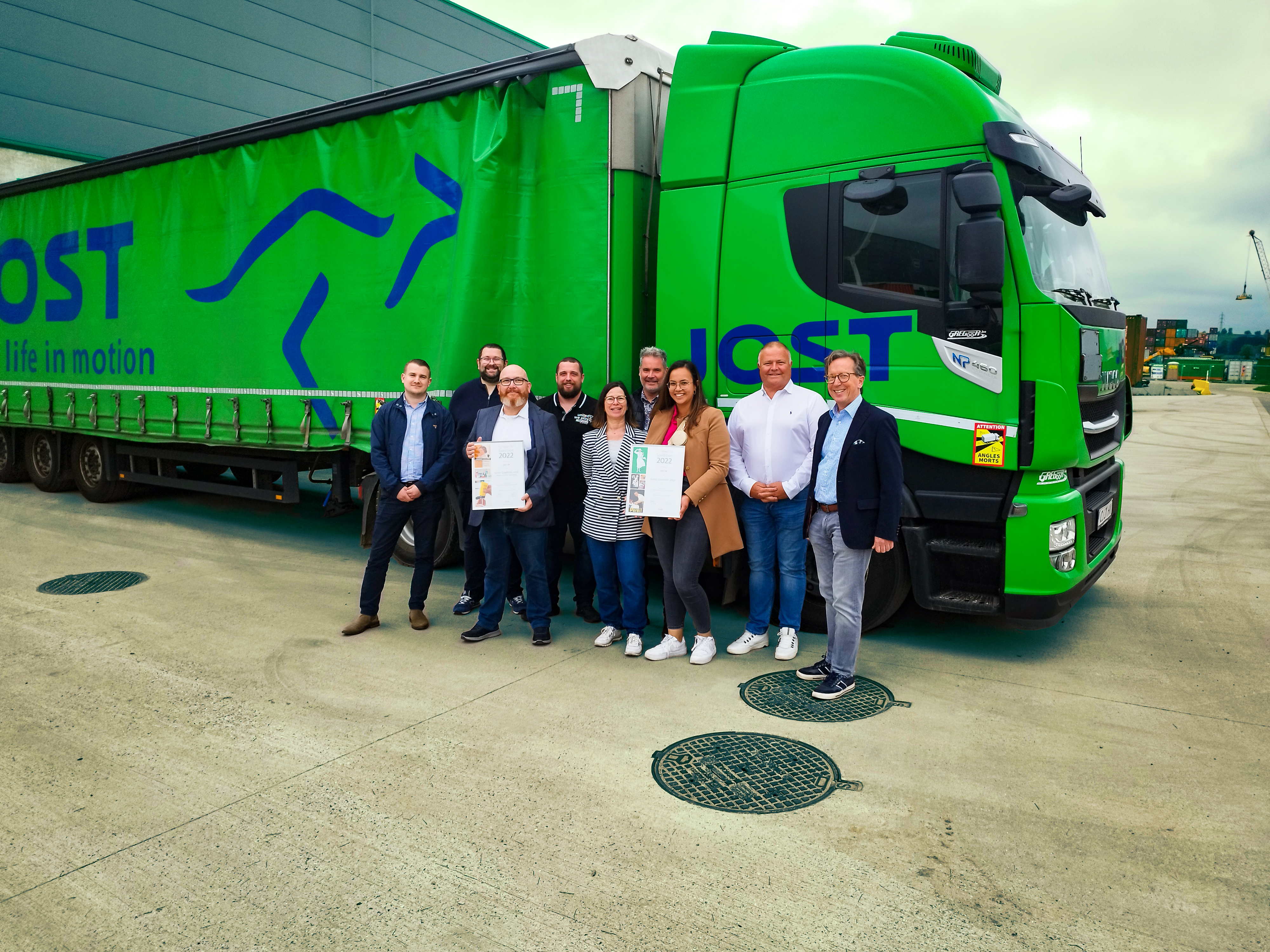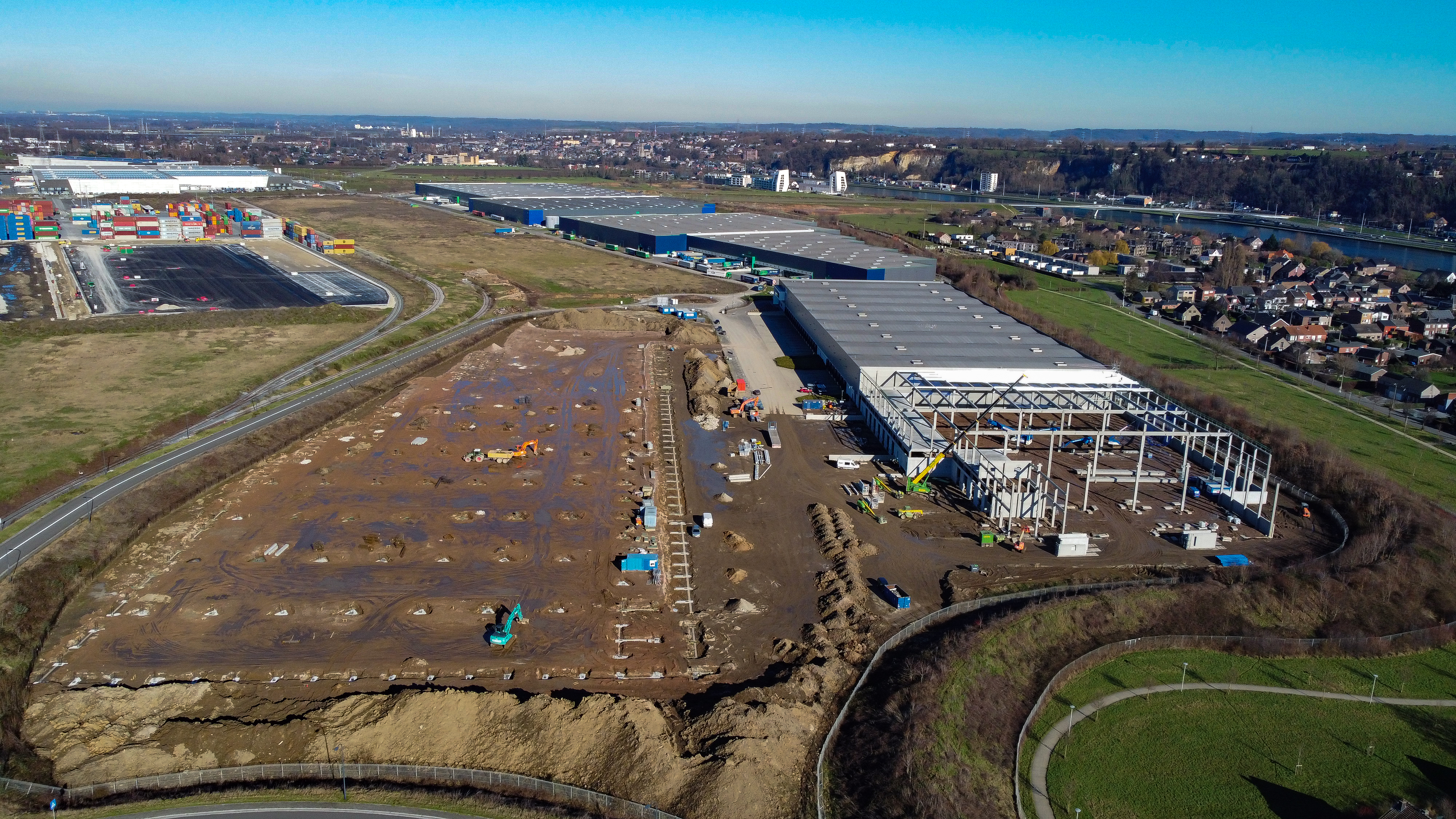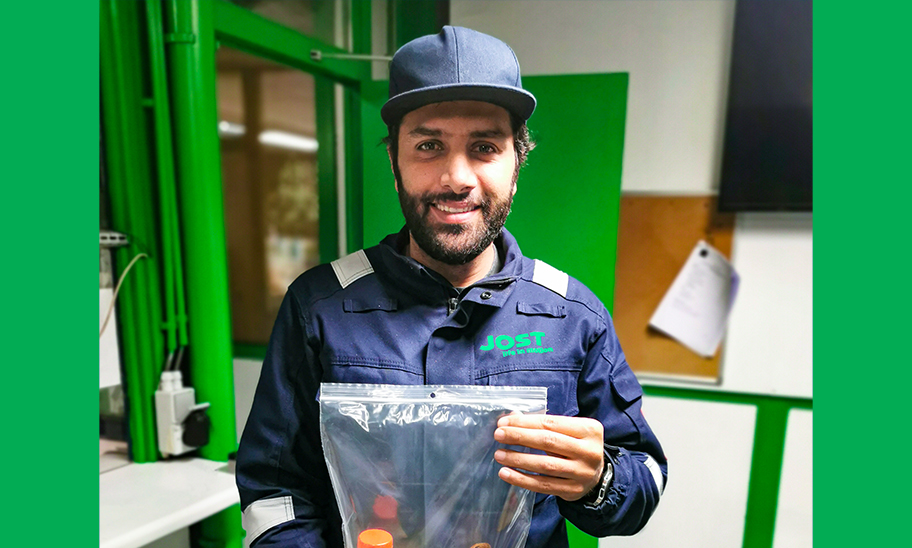What is waste?
Waste is defined as any material or object that the holder wishes or is obliged to dispose of. It encompasses a wide variety of materials and substances which, once used, require responsible management to minimise their impact on the environment.
Waste classification
It is essential to separate waste according to its characteristics in order to ensure appropriate sorting and treatment. At JOST, we focus on rigorous management of the different types of waste:
1. Non-dangerous waste :
- Wood
- Plastics
- Cardboard
- Scrap metal
- Waste similar to household waste
- ...
2. Dangerous waste:
This is waste that may pose a risk to the environment or human health. It is essential to separate them strictly and store them in dedicated containers:
- Aerosols: paint cans, deodorants, various sprays.
- Used solvents : Cleaning products, solvents.
- Used oils : engine, gearbox and lubrication oils.
- Soiled rags : Cleaning rags containing solvents or oil.
- Paint cans : leftover paint, empty paint cans.
- ...
Warning: Any packaging that has contained a dangerous product is also considered to be dangerous waste and must be treated as such.
3. Special waste :
This waste requires special attention because of its composition or nature:
- Waste electrical and electronic equipment (WEEE) : Computer equipment, household appliances, office equipment.
- Fluorescent tubes and lamps : Neon tubes, light bulbs, TL tubes.
- Batteries and accumulators : conventional batteries, batteries for electronic equipment.
Important : It is strictly forbidden to mix dangerous waste with non-dangerous waste! This rule ensures safer and more efficient management of our waste.
Why is waste management crucial for JOST?
Responsible waste management is a fundamental issue for JOST. By adopting good practices, we :
- Reduce our environmental impact.
- Contribute to the preservation of natural resources.
- Ensure a healthier and safer working environment for our employees.
A final word: The best waste is the waste we don't produce!
By opting for more sustainable solutions, reducing our consumption of materials and reusing or recycling our resources, we are actively participating in a future that is more respectful of our planet.
